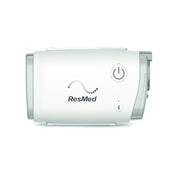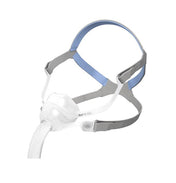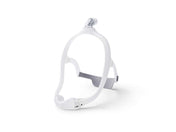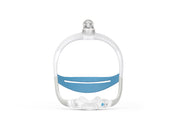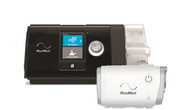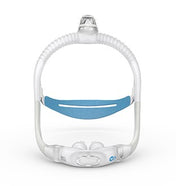WHAT HAPPENS DURING SLEEP?
Sleep is the single most effective thing we can do each and every day to reset the health of our mind and body. But what is happening to our bodies during sleep? The answer depends on the STAGE of sleep you are in. Sleep in humans can be subdivided into two main types of sleep: Rapid Eye Movement (REM) and Non-REM. Non-REM, in turn, can be further subdivided into Stage 1 (awake/light), Stage 2 (light sleep), and stage 3/4 (deep sleep).
We cycle through these sleep stages roughly every 90 minutes, what we call a “sleep cycle”.
NON-REM Sleep.
As we go into the light stages of Non-REM sleep, a few things happen:
- Heart Rate decreases
- Body temperature drops
- Electrical brain wave activity slows down
But then, as we move into deeper non-REM sleep (stage 3 and 4), the brain erupts with larger brain waves. It is in Deep Sleep that we see memory consolidation, massive boosts to our immune system, and an overhaul of our cardiovascular system. Even more impressive (yet for reasons we still don’t quite understand), during deep sleep, hundreds of thousands of brain cells in your cortex all of a sudden will fire together, and then go silent together…something that doesn’t happen at any other point during the day.
REM Sleep.
It’s during REM sleep when we typically have the most vivid and memorable dreams. It’s also during REM sleep when our Amygdala is soothed (reducing emotional stress), and our deepest learning integration happens, whereby our brain stitches new information processed that day into our longer term memory and storage, yielding creative solutions to previously unsolvable problems.
HOW SLEEP WORKS
Ultimately, two factors will determine your ability to transition into these sleep stages, and your alertness during the day.
- Sleep Pressure. From the moment you woke up this morning, a chemical called adenosine has been building up in your brain. The more adenosine, the sleepier you feel. When you sleep, your brain actually removes the adenosine, allowing you to wake up refreshed and alert for the day.
- Circadian Rhythm. Our bodies have evolved to have an internal 24 hour clock which we call our Circadian Rhythm. Your circadian rhythm is controlled by a center in your brain called the suprachiasmatic nucleus, which communicates to the rest of our body via a hormone called melatonin. The suprachiasmatic nucleus uses a number of inputs, chiefly sunlight and darkness, to regulate the amount of melatonin to release thereby telling your body it’s time to go to sleep or time to wake up.
As a brief aside, in recent years there has been an increase in people taking melatonin supplements to “kickstart” their sleep. BE CAREFUL HERE and consult your doctor before doing so. The long-term impacts of melatonin are still unclear. Additionally, while melatonin may help with sleep onset, it may have detrimental impacts on sleep quality over prolonged usage.
The Bottom Line: our bodies are AMAZING machines. Millions of years of evolution have created this thing called “sleep” which is critical for our minds and bodies. Next up in our Sleep Week series, we’ll look at how sleep changes over the course of our lives.

